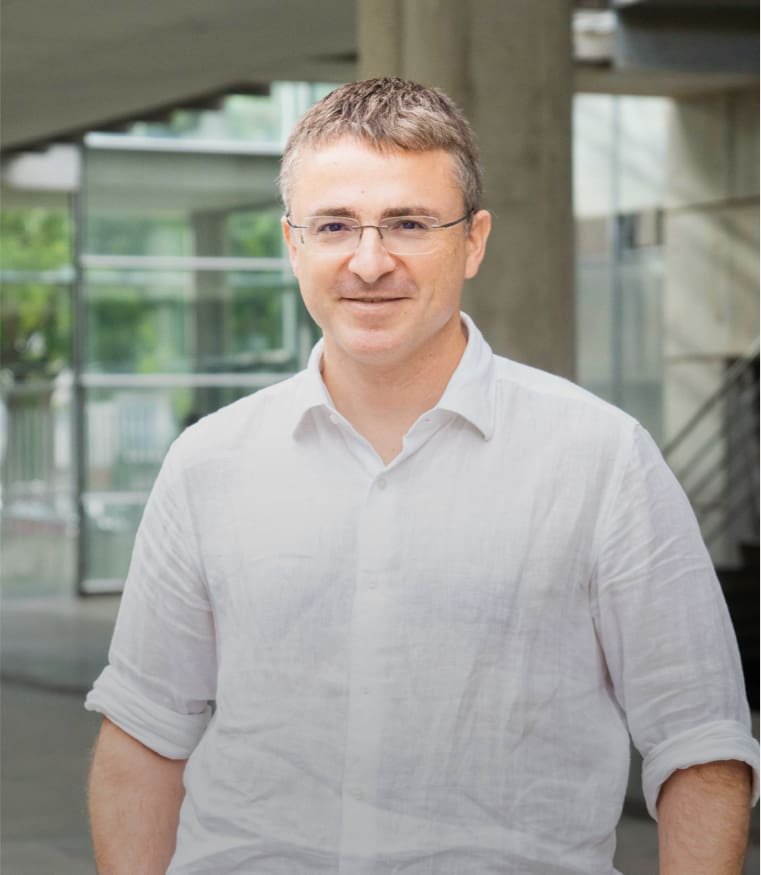Transition Metal-Catalyzed Carboxylation reactions with Carbon Dioxide
Driven by the inherent synthetic potential of CO2 as an abundant, inexpensive and renewable C1 chemical feedstock, the recent years have witnessed renewed interest in devising catalytic CO2 fixations into organic matter. Although the formation of C–C bonds via catalytic CO2 fixation remained rather limited for a long period of time, a close look into the recent literature data indicates that catalytic carboxylation reactions have entered a new era of exponential growth, evolving into a mature discipline that allows for streamlining the synthesis of carboxylic acids, building blocks of utmost relevance in industrial endeavours. These strategies have generally proven broadly applicability and convenient to perform. However, substantial challenges still need to be addressed reinforcing the need to cover metal-catalyzed carboxylation arena in a conceptual and concise manner, delineating the underlying new principles that are slowly emerging in this vibrant area of expertise.

A. Tortajada, F. Juliá-Hernández, M. Börjesson, T. Moragas, R. Martin
Angew. Chem. Int. Ed. 2018, 57 (49), 15948-15982
DOI:
10.1002/anie.201803186

Let's create a brighter future
Join our team to work with renowned researchers, tackle groundbreaking
projects and contribute to meaningful scientific advancements



















